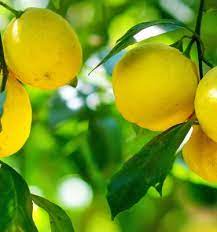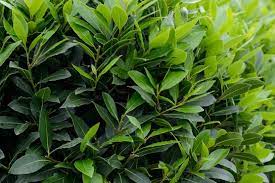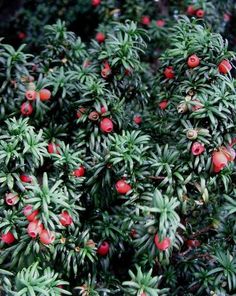Lemons (Citrus limon) are a popular citrus fruit known for their vibrant yellow color, tangy flavor, and versatile culinary uses. Here are some key characteristics and information about citrus lemons:
Appearance:
Lemons are typically small to medium-sized fruits with a bright yellow, smooth, and glossy peel.
The shape is typically oval or elliptical, and the peel can vary in thickness.
Flavor Profile:
Lemons are known for their sour and tangy flavor, which comes from the presence of citric acid in the juice.
The zest (outer peel) of lemons is also aromatic and is used to add a burst of citrus fragrance to dishes.
Varieties:
There are various cultivars of lemons, each with its unique characteristics. Some common varieties include:
Eureka: Commonly found in supermarkets, with a classic lemon flavor.
Lisbon: Similar to Eureka, often used for commercial production.
Meyer: A sweeter and less acidic variety with a thin, orange-yellow peel.
Culinary Uses:
Lemons are widely used in cooking and baking to add flavor to both sweet and savory dishes.
The juice is a key ingredient in salad dressings, marinades, beverages, and desserts.
Lemon zest is used to enhance the aroma and flavor of dishes.
Nutritional Value:
Lemons are rich in vitamin C, providing a significant portion of the daily recommended intake.
They also contain smaller amounts of other vitamins and minerals, including potassium.
Health Benefits:
The high vitamin C content in lemons supports the immune system and skin health.
Lemons are also known for their antioxidant properties.
Growing Conditions:
Lemon trees thrive in warm, subtropical to tropical climates.
They require well-draining soil and benefit from full sunlight.
Lemon trees are often grown as potted plants in regions with colder winters, allowing them to be moved indoors during the colder months.
Harvesting:
Lemons are typically harvested when they reach full color and size.
The fruits can be picked throughout the year, as lemon trees often produce fruit continuously.
Uses Beyond Culinary:
Lemon juice is commonly used as a natural cleaning agent due to its acidity.
Lemon essential oil, extracted from the peel, is used in aromatherapy and skincare products.
Lemons are not only a kitchen staple but also a versatile fruit with various uses in both culinary and non-culinary applications. Whether enjoyed in a refreshing glass of lemonade or used to enhance the flavors of a savory dish, lemons bring a bright and zesty element to a wide range of recipes.













Reviews
There are no reviews yet.